2023 या वर्षी साधना साप्ताहिकाच्या वतीने दिलेल्या तांबे-रायमाने अभ्यासवृत्तीतून आलेल्या तिघांचे व यदुनाथ थत्ते अभ्यासवृत्तीतून आलेल्या तिघांचे, असे एकूण सहा जणांचे लेखन प्रसिद्ध करीत आहोत. त्यापैकी विवेक वाघे, प्रतिक राऊत व विकास वाळके या तिघांचे दीर्घ लेख, साधनाच्या 13 जानेवारी 2024 च्या विशेषांकात प्रसिद्ध झाले आहेत. (याच अंकांच्या संपादकीयात या अभ्यासवृत्तीची संपूर्ण प्रक्रिया सविस्तर मांडली आहे, येथे क्लिक करून ते वाचता येईल.) तर अविनाश पोईनकर, वैभव वाळुंज आणि प्रिया अक्कर व नेहा राणे (दोंघीनी संयुक्त लिहिलेला) यांचे तीन दीर्घ लेख प्रत्येकी तीन किंवा चार भागांत ‘कर्तव्य साधना’वरून प्रसिद्ध करीत आहेत. त्यापैकी हा तिसरा लेख सलग चार भागांत देत आहोत..
Data on fish production and cost:
Over the past few years, there has been a huge complaint from the fishers’ leaders and activists about the Annual fish production estimates produced by Fisheries department. The fishers are claiming that the fish catch has considerably reduced by the changing climatic conditions, increasing pollution in the sea and the exploitative fishing by Purse seine and LED fishers. Fish catch and income of the traditional fishers is severely affected and not visible in the fisheries department data.
“Fishes have reduced due to purse seine net fishing. If you kill the chicken itself, how will you get the egg? You can’t have both. We have to protect the chicken to get the eggs. Our fishing is on Chikhal 15 feet above the sea floor. They fish from the ground till the top of the waters for 5 kms. And no fish can escape. If this keeps going on, we all have to close down our business in some 5 years. They fish in deep sea only but they fish in breeding seasons also. Baby fishes escape from our nets but they catch all the fishes. It has affected us a lot in last 4-5 years.” Bhati Co-op Society Chairman, Rajiv Duming.
In this regard, study of the fish production data with co-operative societies can be useful in understanding the fluctuations of the fish market. The Market department statements are as important for this study as they are for society. For example, In the market department section of 2020-21, the society explain that the turnover and profit in this year was lesser than expected due to the fishing ban during lockdown period.
“It shows in our numbers also. At least 30%. This year also we are seeing the difference. Like the season has just started and these are the peak months but we are already feeling a slack. Those people are killing everything. They are also coming closer and closer now” Rajiv Duming.
Upon inquiry, we understood that the society doesn't maintain the fish production in terms of quantity but they have complete details of the sale of fish conducted through the society. The market department records sales of each day in sale and purchase values by giving out invoices to the fish sellers. The invoices are then entered into the computer software every day. But all the records are in terms of sales and purchase amount and not in quantity. The handwritten invoices record the quantity of the sale/purchase but it is not entered into the computer system. The figures show the fluctuations in fish sales during, before, and after the pandemic, the cyclones of 2019, and the fishing seasons. A simple additional function in the software can give us fish catch species-wise data, which can help the fisheries department in estimating the annual fish production.
“Do they think that we aren’t capable of indulging into those exploitative methods for which government is also providing subsidies and loans? But we are not the one who are greedy for Tanduri without thinking about the eggs. They call us orthodox but we believe into sustainable fishing.” -Rajiv Duming.
Madh Co-operative society has digitised almost all their departments account keeping. The usual practice followed by the co-operative societies is to maintain receipts of all their transactions across the departments but to keep up with the changing times Madh co-operative society decided to introduce the element of digitization a couple of years back. The co-operative society developed a software tailored to the needs of each department. The staff in each department has access to the software specific to their department and make entries of purchase and sell accordingly only exception to this is Main Market Department which has access to accounts of all other department. As informed by the accounting staff of the society this has reduced their time and additional efforts put into maintaining hardcopies of receipts. This has also consolidated the data and made it much easier to reproduce. For example, now fish sell by a particular fisher throughout the year or specific month or a particular day can be looked up within no time with the help of this software. Keeping in mind the language barrier faced by the community the software is in Marathi making it easier to use for all the staff. This is an excellent example of a society encouraging use of technology and allocating the resources for the same. This also makes the case for intervention by the society that is directed at the specific requirement.
Both the societies have started rebate on sale to encourage more and more members to conduct their sale through the market. The profits of the market are increasing and therefore the percentage of rebate is also increased in the year 2021-22 by Bhati co-operative society. The list of the highest sellers is also mentioned in the annual report for encouragement purposes. This data tells that the society has been maintaining the sales record since the inception of the market department. The study of fish sale data of the top sellers over the years can also be a crucial entry point in understanding the fluctuations in the fishing industry. The fish production and the provisions for Rebate and Jetty can give us a significant information about the historic and contemporary fishing situation.
“In case of identifying affected communities for disbursement of compensation, we will go to the society, how many boats are register, how many boats are using diesel service, how much is the cost of the diesel, these factors can help determine profitability. That too is not full proof data because we don’t have revenue data. Dependency can be measured, not cost.” AKMMS President, Devendra Tandel.
Material requirements of fishers and fishing
“Earlier we had sold maximum of 8 tons of rope but in our term as board, we sold up to 75 tons. This was because our rope was costlier than Bombay. So, I appealed members to buy from us and ensured them rope at the Bombay’s rate. We stock the rope here when it is available at cheaper rates. That way, Sanstha also makes profit and we get cash discount, trade discount because of large transactions. We buy in white, i.e., with GST, this way buyers can also claim GST in their tax returns.” - Bhati Co-op Chairman, Rajiv Duming.
Making production material available at an affordable cost within the village was one of the main objectives at the time of the formation of the society. With time, the objective seems to have further extended to also build the necessary infrastructure to facilitate the growth of the occupation and the village. The expenses in the Main department's financial statement, show us the efforts taken towards the infrastructural development in form of amounts. 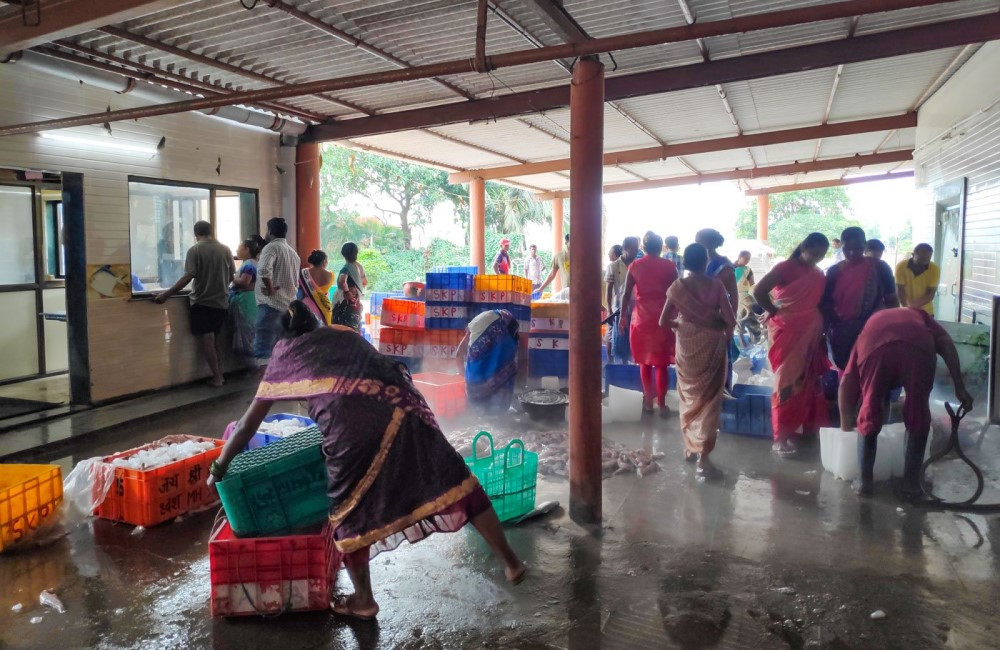
In our interaction with both the co-operative societies we were informed on several occasions about increase in number of boat and the overall rising trend in taking up traditional fishing. This anecdotal account was supported by some mentions in the report. The Madh co-operative society has turned their cultural hall into storage room for industrial equipment and other inputs. More inventory of this stock is maintained as there is increase in demand for it. The society is also planning to purchase more land in this area to store this stock.
A major chunk of revenue is derived from diesel subsidy by the co-operative societies as this is the biggest subsidy received by the fishers’ community on regular basis. The Co-operative act as an intermediary in transfer of subsidy from government to the fishers. It forms an important part of cost incurred by boat owner fisher and therefore forms a defining factor of the relationship between the co-operative and their members. Delay in receipt of this subsidy can cause a major barrier in the functioning of society and the fishers. The Bhati co-operative society has also appealed the government to release subsidy at the earliest in one of their annual reports when the subsidy was delayed for a prolonged time. The data of diesel consumption, per member-wise with the society can be effectively used in determination of cost incurred in fishing.
Having their own ice factory is one of the visions of the Bhati’s society and the profit and loss account shows the provision for the same. Whereas the Madh’s society has already started their own ice factory 10 years ago for the same need.
“Our vision is to have our own ice factory. And we are demanding the collector's plot space for fish drying. For our children. Govt has given that space to builders but they have never generated any money from it.”- Bhati Co-operative Chairman- Raiiv Duming.
The Dhakka-Jetty maintenance expenses also show the role of society in maintaining the existing infrastructure. The Madh village has multiple docking points for the boats but the bigger boats require deeper draft for docking near the jetty. As the main Madh jetty lacked the required draft the boats were earlier docked away from the shore and smaller boat ferried the fish catch and fishing material to main boat. This effectively increased the coast of fishing. To address this issue the co-operative society initiated the construction of a new jetty at Talapsha Bandar a harbour 2-3 kms away from Madh village. As this jetty could serve as a common fishing harbour for all the villages of this island a committee was formed with representation from each co-operative of fishing villages. The majority of the cost was borne by the Madh co-operative society a fact acknowledged even by the Bhati co-operative in their annual report. Now that more boats are being added to the existing lot, the work to extend the jetty and even to raise the platform has started. Talapsha jetty serves as a primary harbour for adjoining fishing villages and thus all these villages through their co-operative continue to work together for upkeep and improvement of this jetty.
Washroom facilities for fisherwomen at the markets and jetties are a very common and long-standing demand of women. Instead of being dependent on the fisheries department, society has been taking responsibility on its own shoulders by building public toilets for the village. Talapsha jetty has gained more prominence over the years as traders have started buying the fish directly from the jetty creating a new supply chain.
These expense heads give us an idea of the needs and funds required for the sustenance of the occupation. Therefore, the fisheries department needs to take note of it during the formulation of well-being policies and schemes for fishers.
Priyanka Akkar
priyaakkar@gmail.com
Neha Rane
nrane1507@gmail.com
Tags: साधना डिजिटल सहकारी संस्था मत्स्य व्यवसाय रिपोर्ताज नेहा राणे प्रियांका अक्कर तांबे रायमाने अभ्यासवृत्ती मच्छिमार कृती समिती Load More Tags

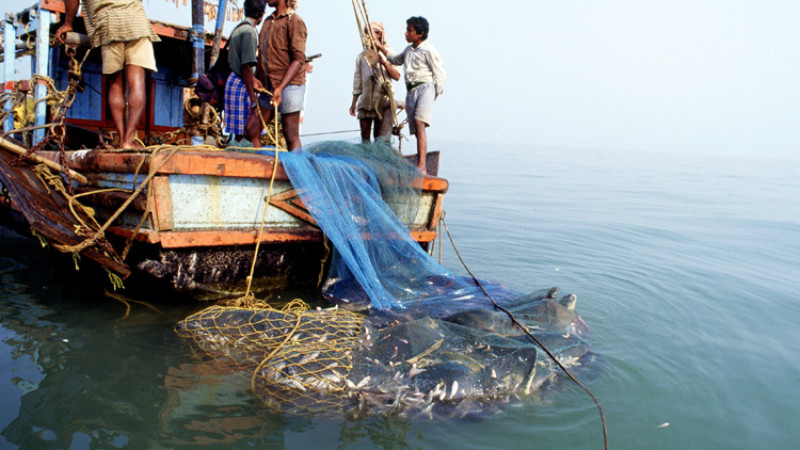
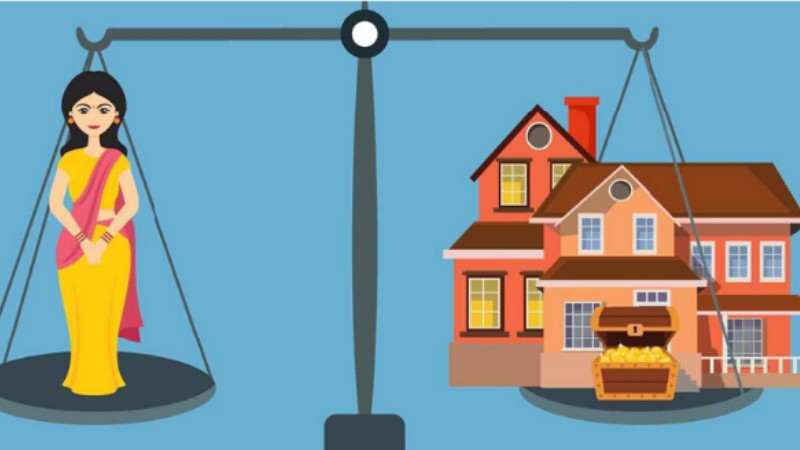

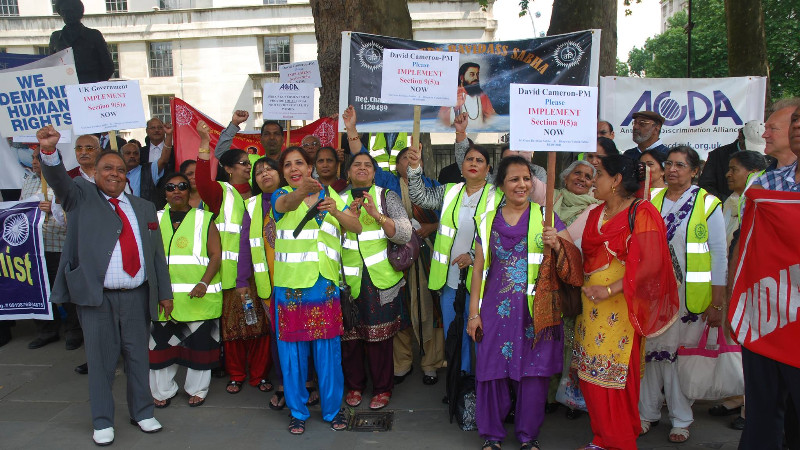
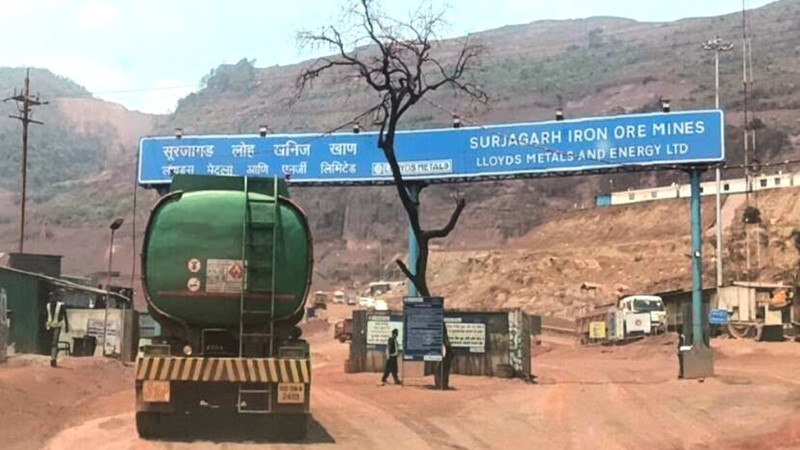
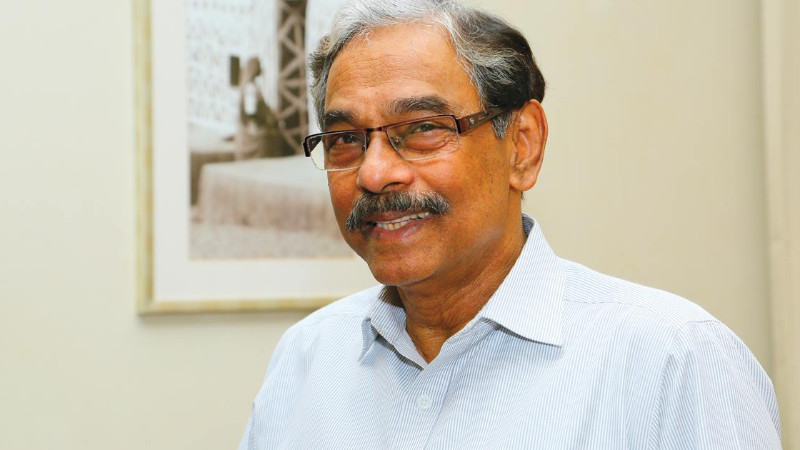
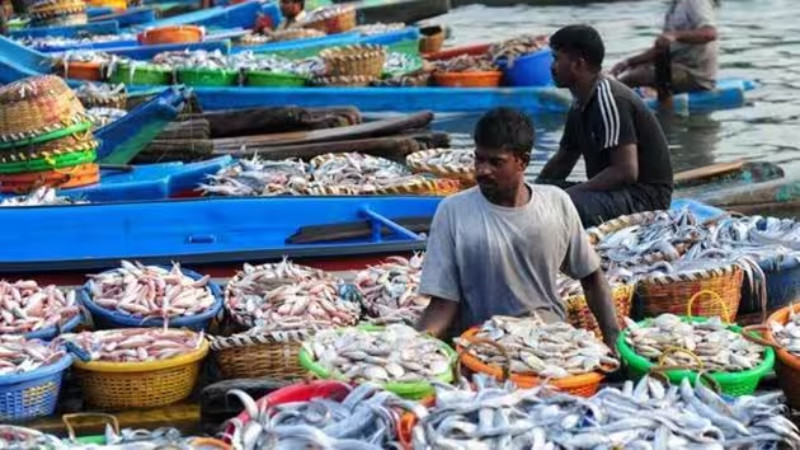
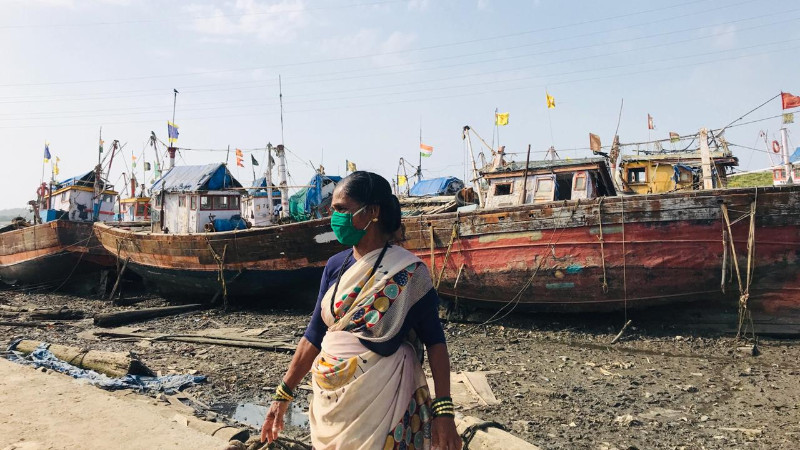
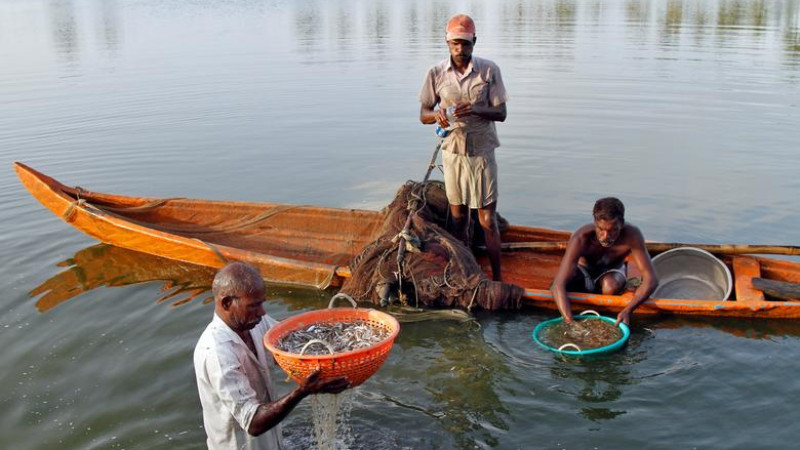

























Add Comment